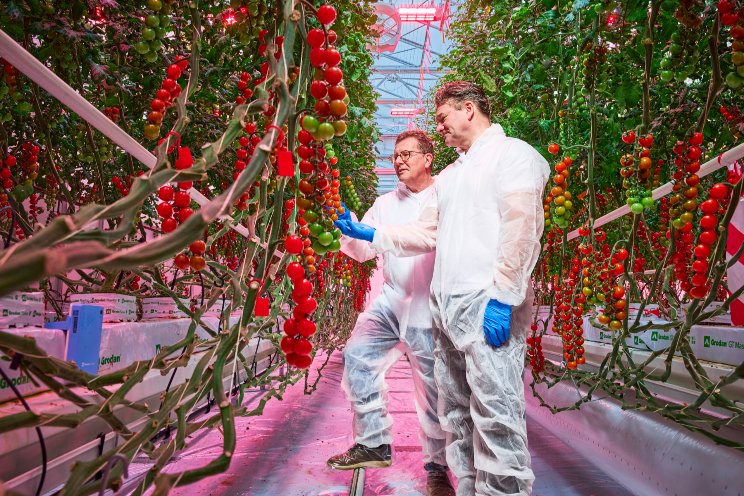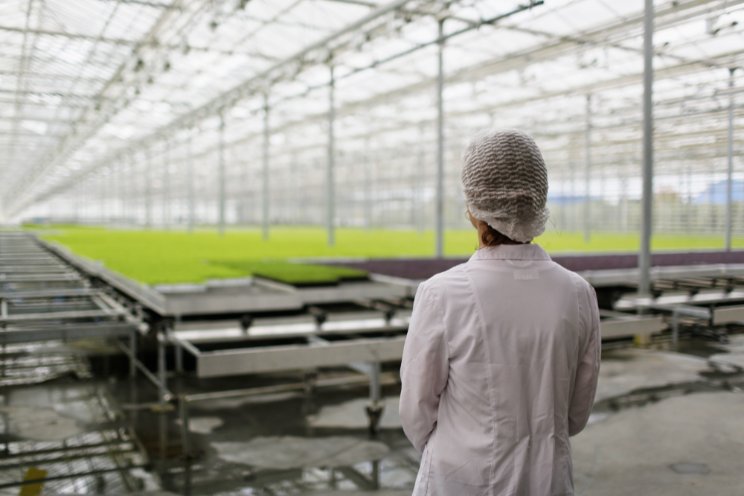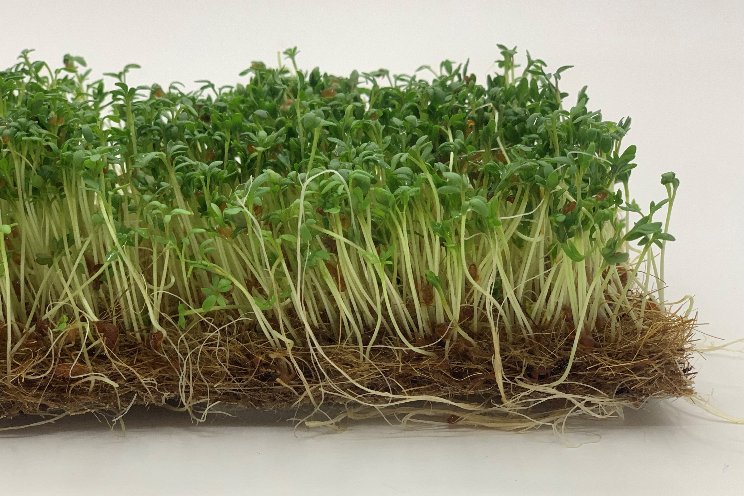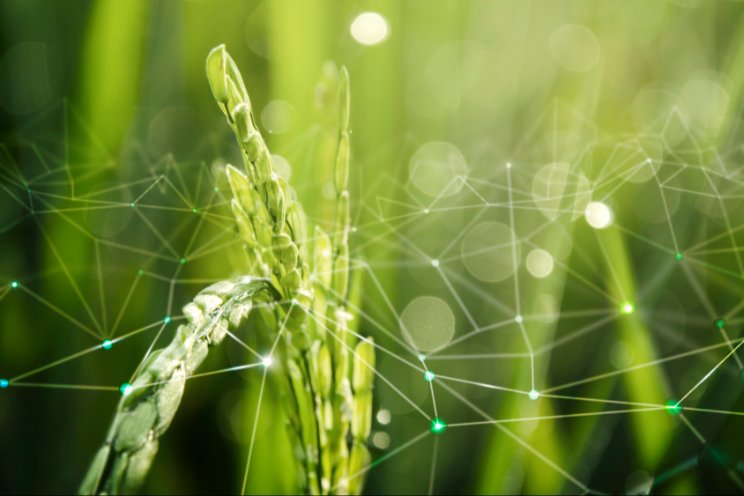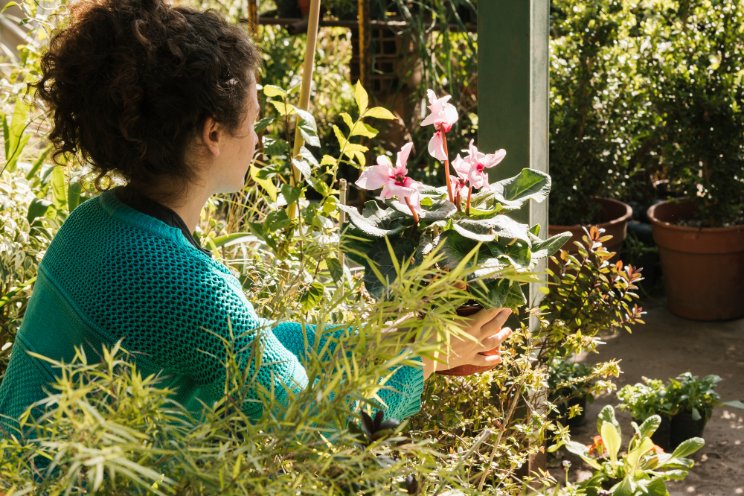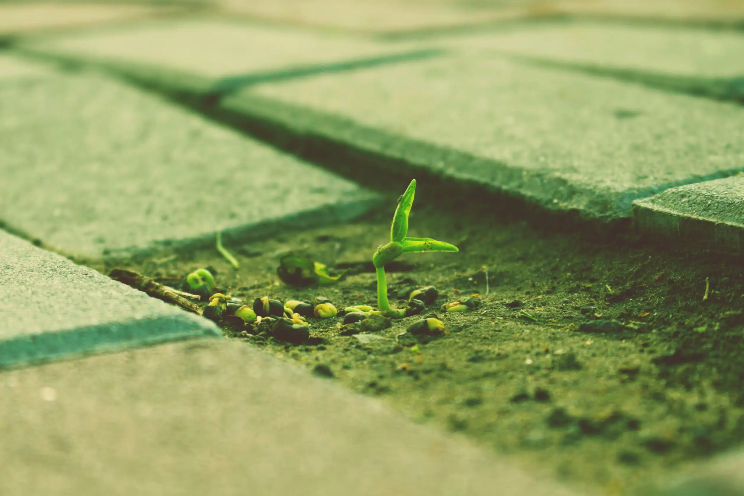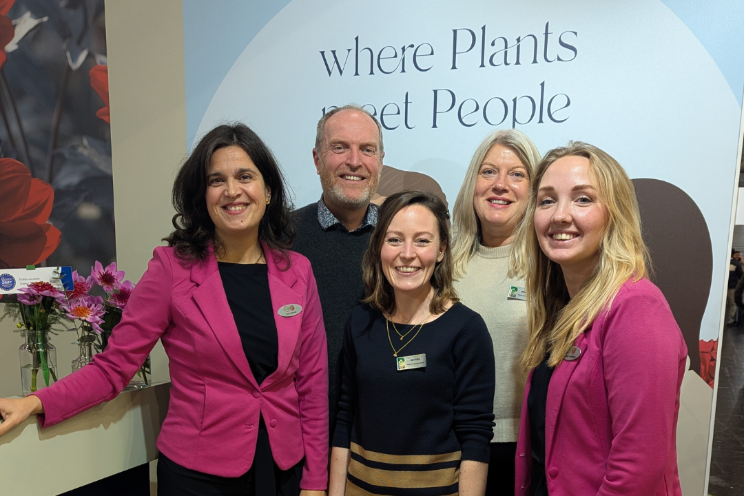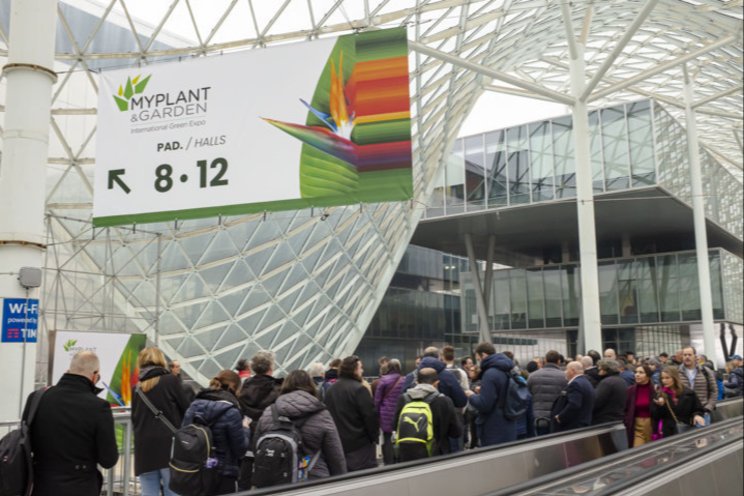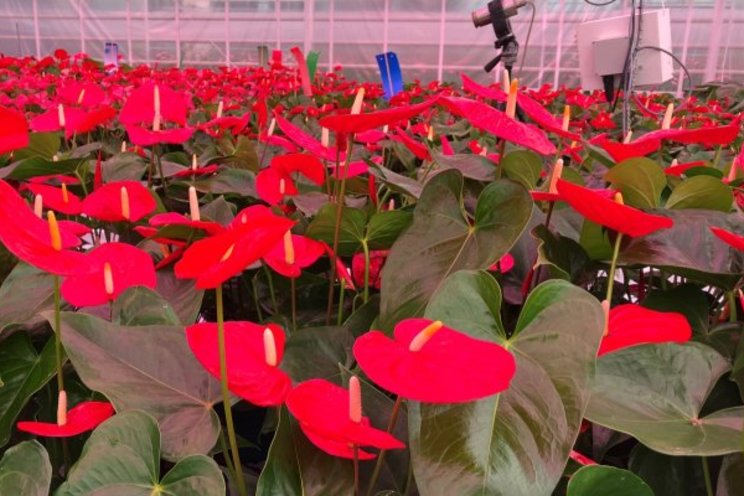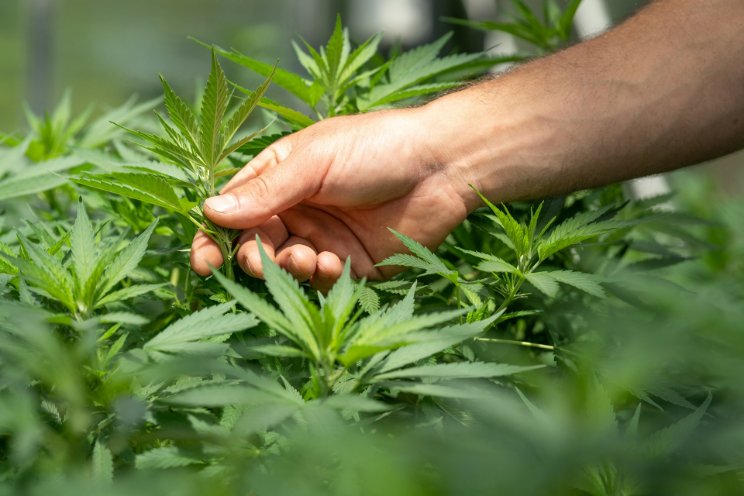Increasing crop sustainability with AI
Added on 06 July 2023
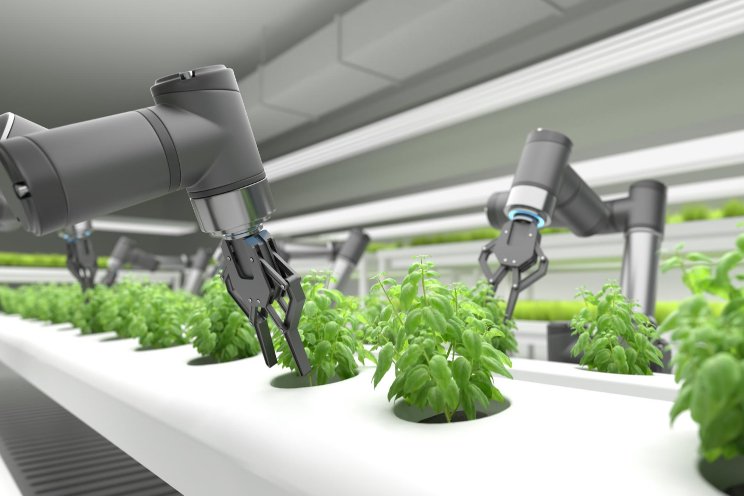
In the scorching heat and swirling dust of the Arava Desert, Bayer Crop Science, Israel, has just concluded a collaboration with Fermata on a project designed to validate a model for reducing the use of pesticides through the application of artificial intelligence. The project involved conducting a feasibility study of Fermata’s automated pest & disease detection platform, Croptimus™, with the goal of verifying the capabilities of this computer vision system, and proving how early detection of pests and disease increases sustainability. To this end, Croptimus™ was installed to monitor melons growing in mesh covered tunnels within this harsh environment.
The system employs AI to analyze thousands of images collected daily by cameras installed within the facility to detect the tiniest indications of both pests and pathogens which, left untreated, quickly get out of hand — leading to crop loss and a reduction of produce quality. Early detection being key, Croptimus™ is designed to substantially reduce crop loss, crop inputs (including pesticides), and dramatically reduce scouting time — in aggregate a significant savings.
The endeavour was an unqualified success according to Imri Gabay, Crop Protection Customer Advisory Manager at Bayer, Israel, ″The initial experiment was extremely successful, and the system copes well with the many challenges in the field. We are already working on continuing cooperation between our companies.″ Commenting further, he elaborated, ″Early detection enables the application of less toxic substances, quickly dealing with the pest or disease before a major outbreak, allowing for precise spraying of a small area — and as a result, saving pesticides while obtaining cleaner produce.″
Image by user6702303 on Freepik
More news
